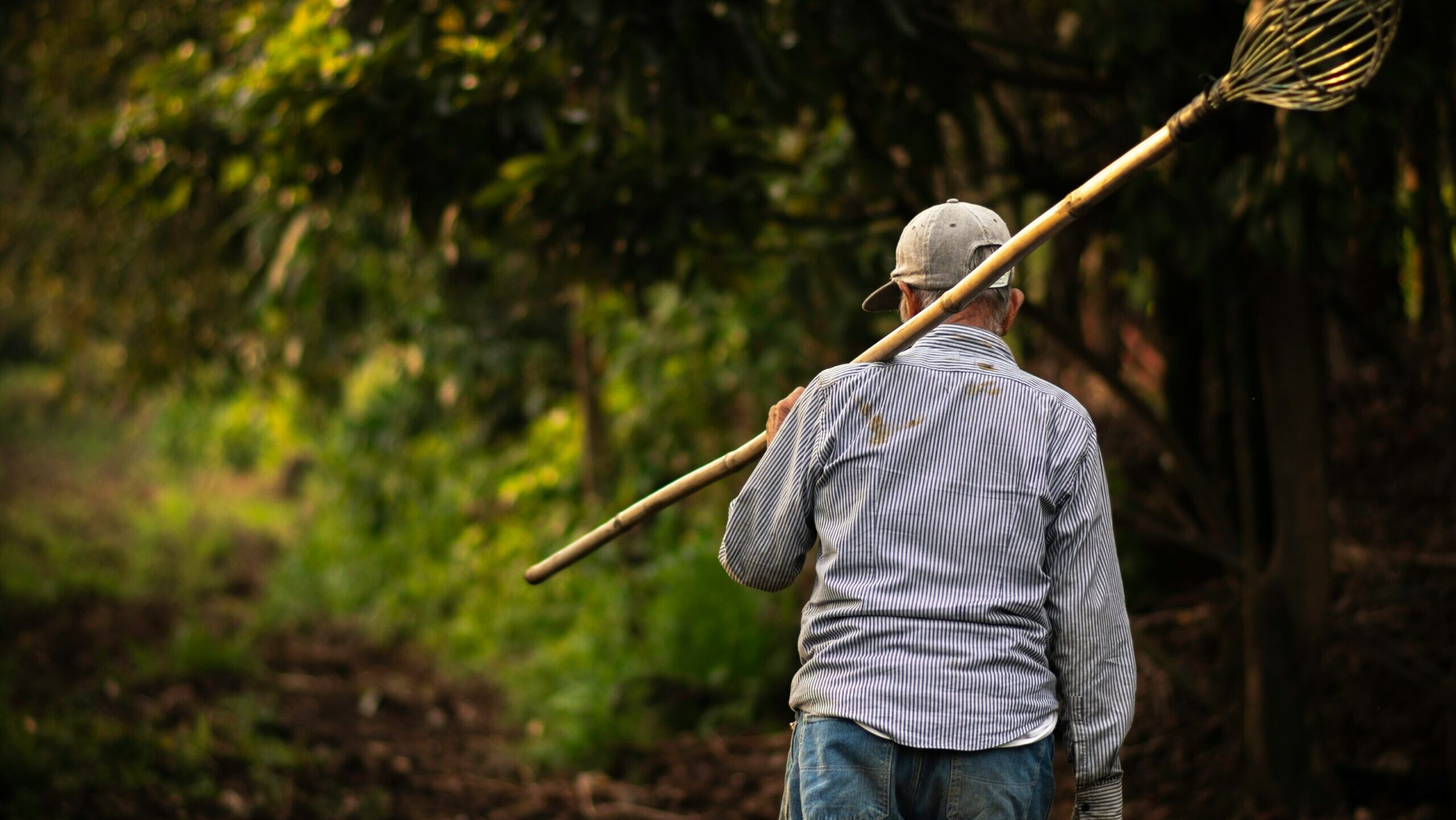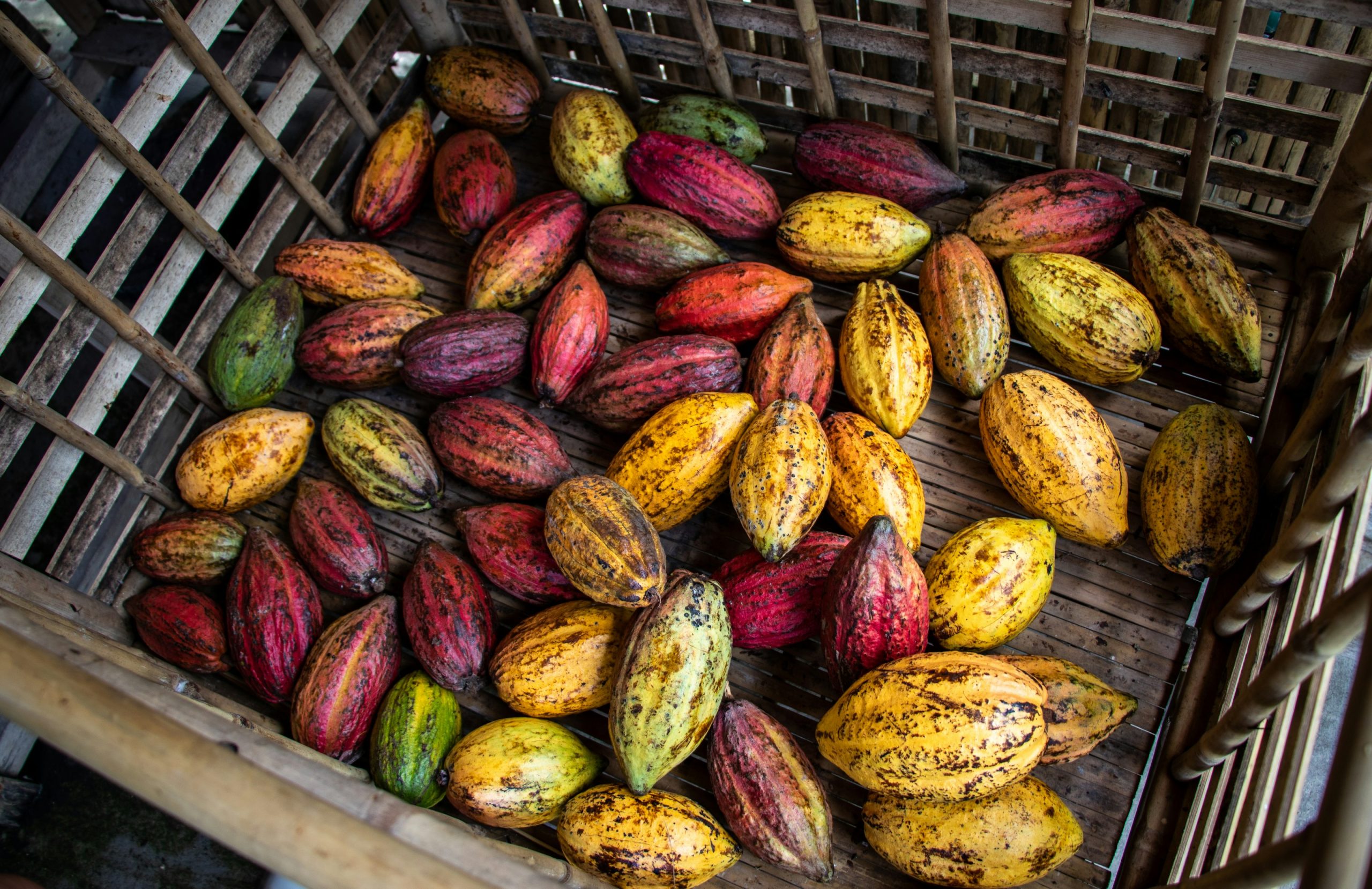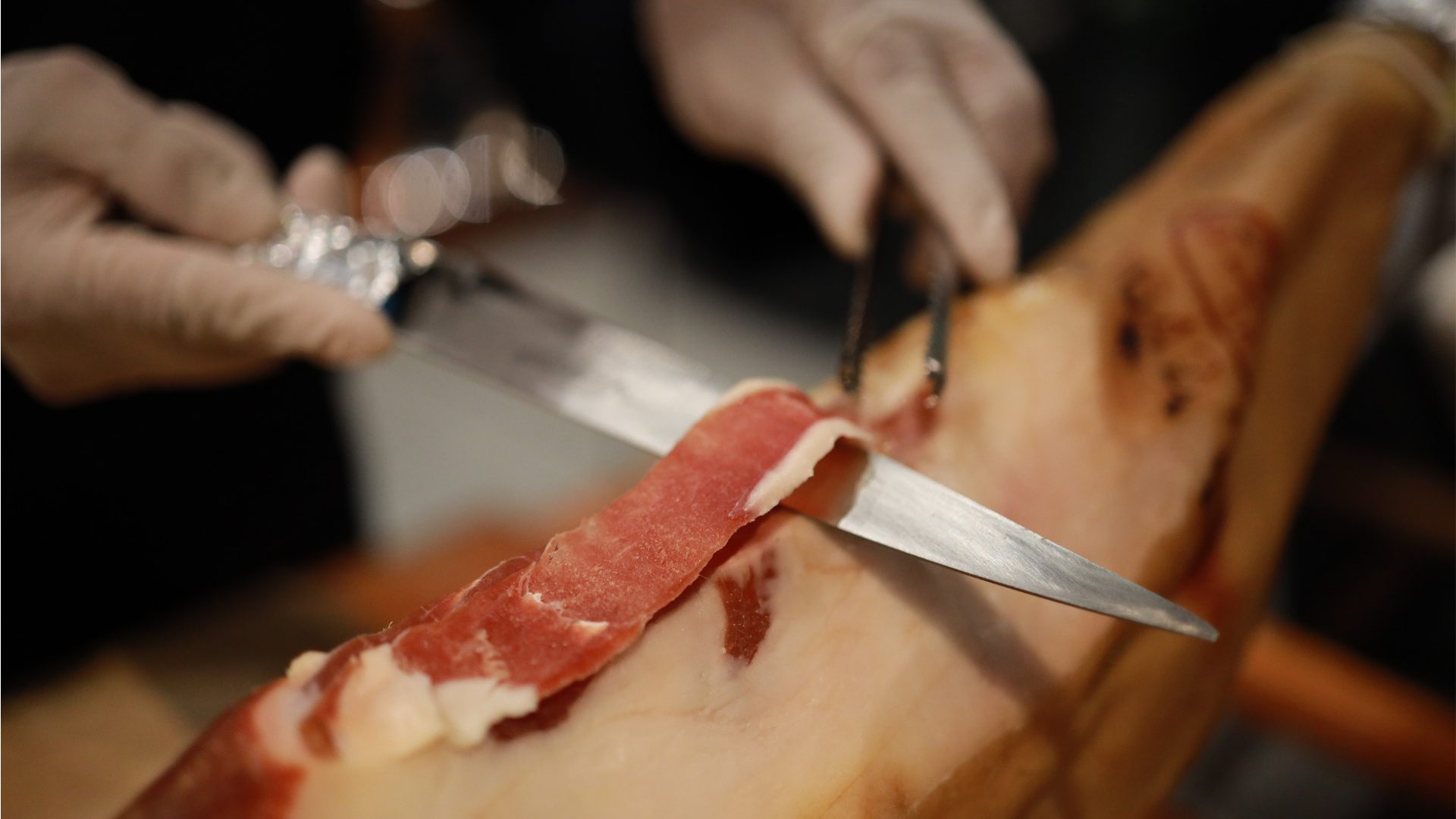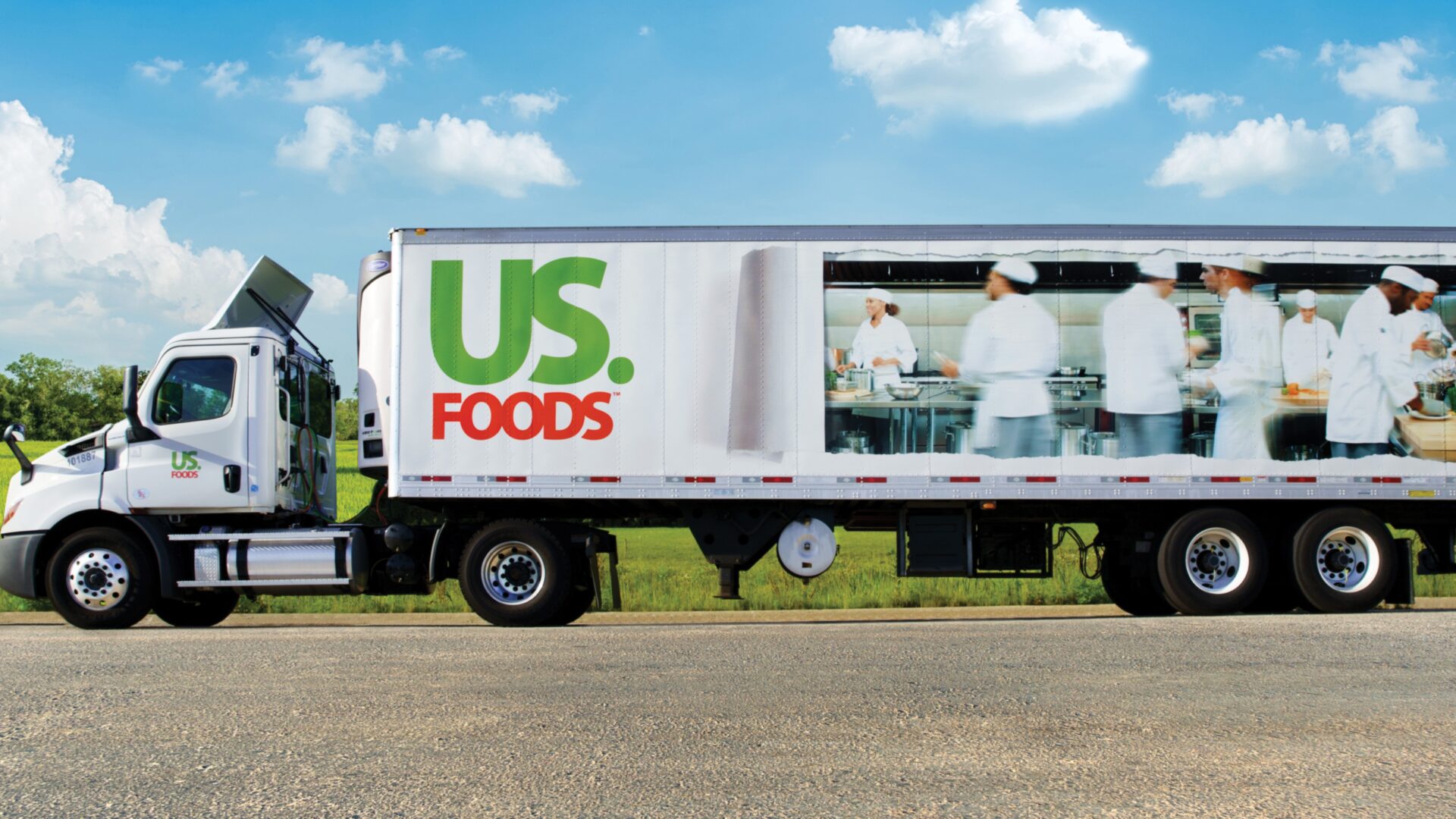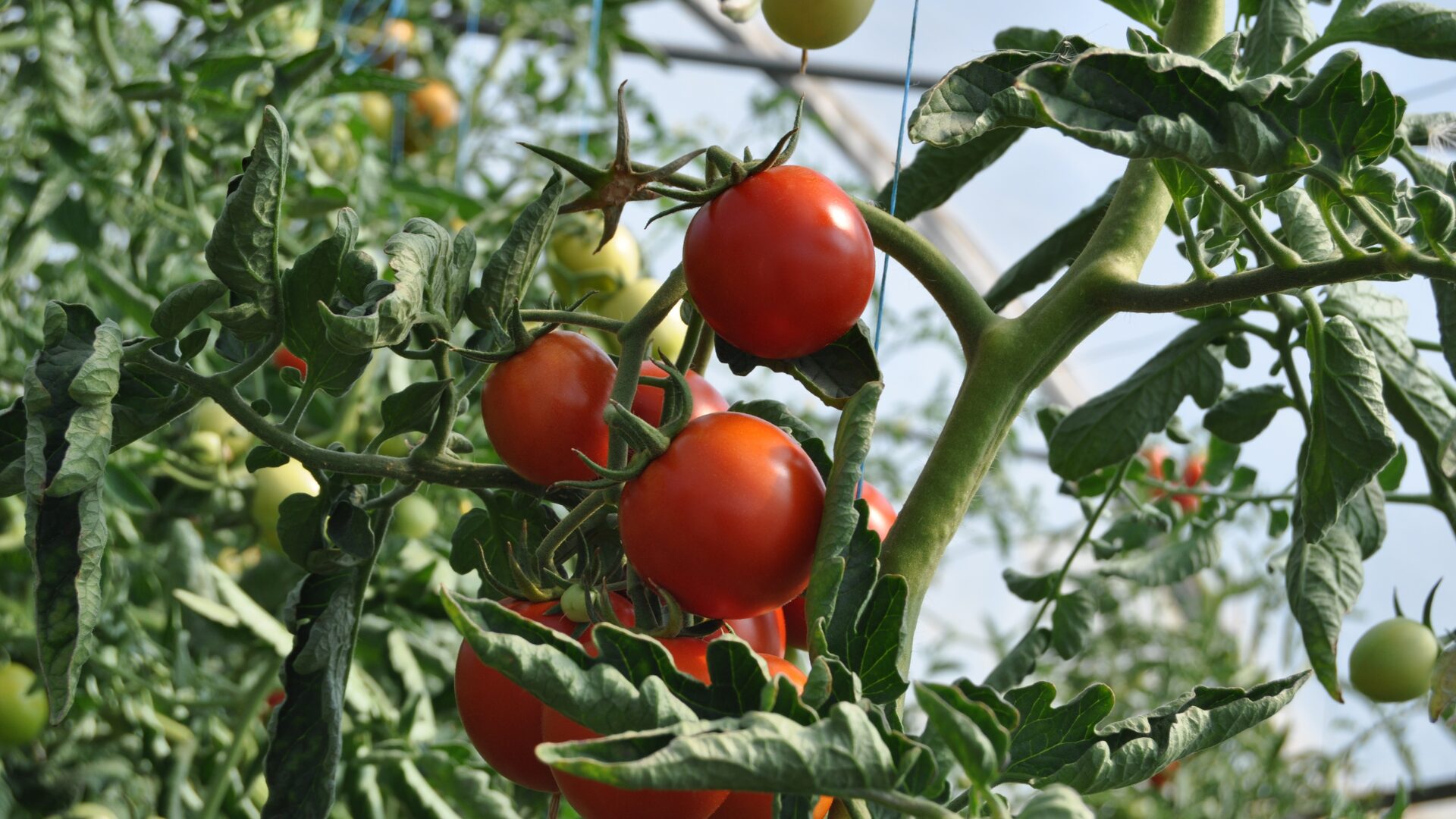Unlike on U.S. farms, the younger generation in Brazil is eager to take over operations and expand production, making the South American country likely to supplant the U.S. as the top world food exporter, Bloomberg reported.
The average age of Brazilian farmers was 46 in 2021, with children eager to take over day-to-day operations from their parents. In contrast, the next generation of farmers in the U.S. is shrinking right along with the nation’s farmland (and rising capital costs).
The latest census put the average age of U.S. farmers at 58 years old.
Government figures show Brazil is on pace to produce 3.4 billion bushels of soybeans in the 2024-25 growing season, 3.3 billion of corn and 1.2 billion bushels of wheat. The U.S. is expected to produce 4.4 billion bushels of soybeans, 15.1 billion bushels of corn and 1.81 billion bushels of wheat.
Bloomberg said younger farmers are much more likely to embrace new technologies that enable them to increase yield.
Meanwhile, in other agriculture news:
Bird flu: A paper published in Nature reported highly pathogenic avian influenza may be more of a threat to dairy cows than earlier believed. The virus was found in 20% of cattle swabbed at nine farms in Texas, New Mexico, Kansas and Ohio, and found in a wide variety of other animals, including cats and raccoons.
The study concludes that if wild birds are transporting the virus, there’s very little chance it can be controlled despite strict regulations on movement of cows and farm equipment. “This is not ending with cows,” Dr. Carol Cardona, a bird flu expert at the University of Minnesota not involved in the study, told The New York Times.
Pesticides: The Environmental Protection Agency on Tuesday issued an emergency order to stop the use of a pesticide that can harm fetuses – the agency’s first such move in almost 40 years. The herbicide, called dimethyl tetrachloroterephthalate (also known as DCPA or Dacthal), is used to control weeds on a variety of crops, including broccoli, onions, kale, Brussels sprouts, cabbage and strawberries reported NBC News.
Cropin AI platform: India-based Cropin Technology unveiled an AI platform for food and agriculture it said can help make production of 13 crops more efficient, increasing yields. The Sage platform converts the world’s agriculture landscape into a grid-based map to enable “CPG players, seed manufacturers, food processors, multilateral organizations, financial institutions and governments” to make real-time decisions based on hard data.
The company said the platform, which uses Google Gemini and incorporates generative AI, can help companies “future-proof” production and supply chains.
The Food Institute Podcast
In this episode of The Food Institute Podcast, IFDA President and CEO Mark S. Allen discussed the pressing challenges and innovative solutions in the foodservice distribution industry. Allen delved into topics such as labor shortages, transportation issues, technology advancements, and the importance of industry events like IFDA’s Solutions Conference.


